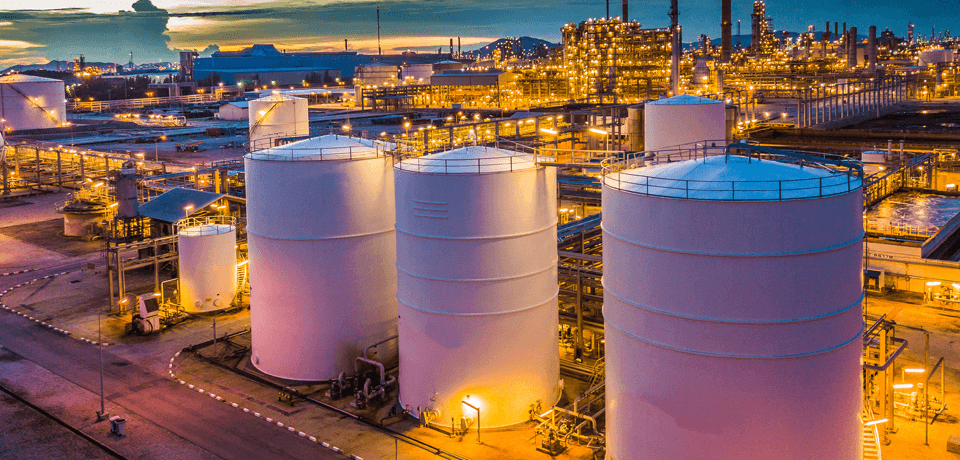What is the main hazard of handling industrial gases?

- Flammability: Highly flammable gases can cause fires or explosions.
- Toxicity: Toxic gases can lead to serious health issues or fatalities if inhaled.
- Asphyxiation: Inert gases can displace oxygen, leading to suffocation in confined spaces.
- Pressure Hazards: Compressed gases stored under high pressure can cause injuries or equipment damage if cylinders leak or rupture.
- Cryogenic Burns: Gases stored at very low temperatures can cause severe cold burns upon contact with skin.
- Chemical Burns: Corrosive gases can cause chemical burns on skin and mucous membranes.
- Reactivity: Some gases can cause dangerous chemical reactions if they come into contact with incompatible substances.
- Environmental Impact: Accidental releases of certain gases can contribute to global warming or ozone depletion.
- Explosion Risks: Certain gases can form explosive mixtures with air.
- Transportation Hazards: Transporting industrial gases involves risks such as leaks, accidents, and spills.
- Oxygen Enrichment: Elevated oxygen levels can increase the risk of fire and explosion.
- Confined Space Entry: Handling gases in confined spaces can be hazardous due to asphyxiation, toxic exposure, and limited escape routes.
- Radiation Hazards: Some industrial gases can be radioactive and pose serious health risks.
Created by: Salasar Carbonics
Recommended





Comments